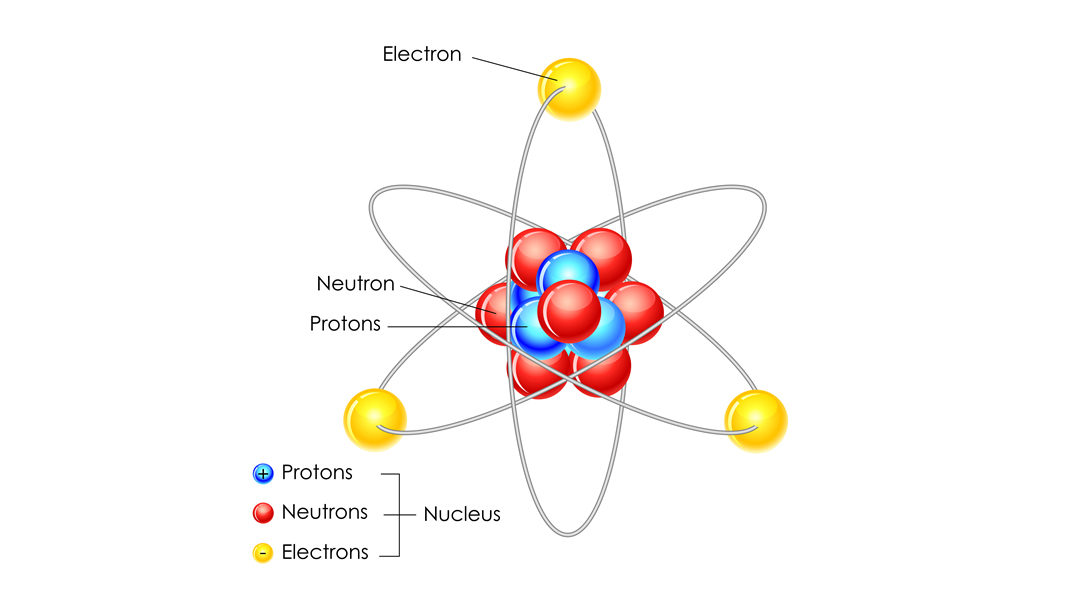Abstract. The National Academy of Science’s 1956 study on the Biological Effects of
Atomic Radiation (BEAR) was designed to provide an objective analysis to assess
conflicting statements by leading geneticists and by officials in the Atomic Energy
Commission. Largely because of its status as a detached, non-governmental evaluation
by eminent scientists, no studies have had a broader impact on the development of
biological thinking in regard to nuclear policies. This paper demonstrates that despite
the first BEAR study’s reputation as an objective and independent study, it was the
product of careful negotiation between Academy scientists, the Atomic Energy Commission,
and Britain’s Medical Research Council. This paper also reveals the fragility of
the consensus that produced the Academy’s report, the range of political uses of the
report, and the subsequent disaffection of the scientists who took part in it.
Hamblin_JD-jhb-2007

